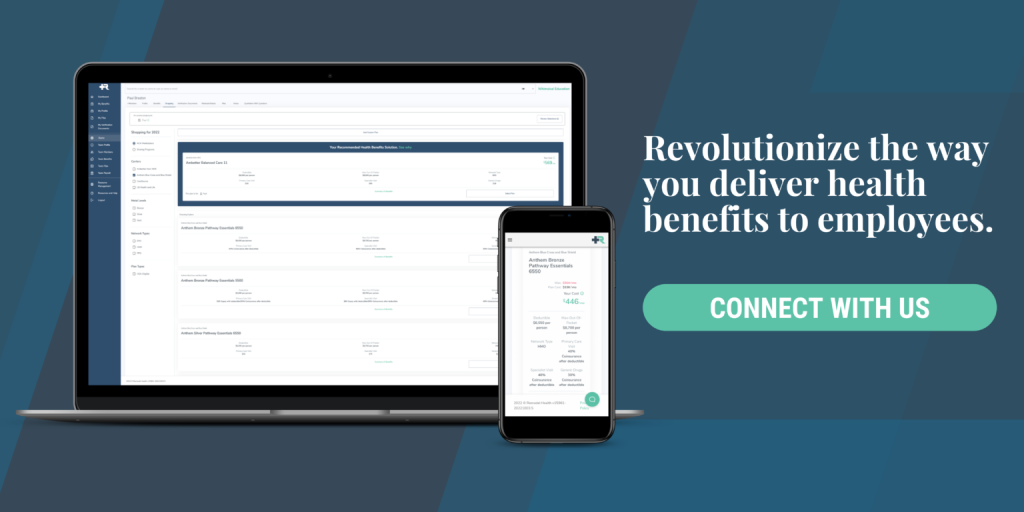
The Individual Coverage Health Reimbursement Arrangement (ICHRA) has become a hot topic in the healthcare industry since its introduction in 2020. This HRA model offers substantial flexibility and customization for employers of all sizes, providing them with a method to offer their employees a robust benefits package. But how have companies successfully implemented ICHRA? Let’s dive into real-world success stories to understand its potential impact and best practices!
Success Story 1: The Tech Startup
A small tech startup with 40 employees was looking for ways to provide health benefits without breaking the bank. With employees spread out across different states, finding a traditional group health plan that suited everyone was challenging.
Their solution? Implementing ICHRA! They allotted different reimbursements based on employees’ ages and sizes of their families, maintaining fairness across the board. By utilizing an ICHRA, they could offer a health benefits solution that attracted top talent, while being cost-effective and tax-efficient.
Success Story 2: The Non-Profit Organization
A mid-sized non-profit organization had a unique challenge – they needed to manage their tight budget without compromising employee benefits. With employees over a wide age range and varying health needs, a one-size-fits-all plan wasn’t practical.
The organization opted for ICHRA, offering a set reimbursement that employees could use to purchase a plan on the individual market. This gave employees the autonomy to select a plan that best met their individual health needs. The result? Lower overall healthcare costs, increased employee satisfaction, and the assurance that everyone had access to the care they needed.

Success Story 3: The Manufacturing Company
A large manufacturing company with a workforce spread across multiple locations was grappling with a costly and complex traditional group health insurance plan. Besides, their workforce comprised a diverse demographic profile with different needs and preferences.
The company shifted to ICHRA, which allowed them to segment their employees based on job criteria (like job description, geographic location, full-time vs part-time status). This allowed them to tailor health benefits to meet the distinct needs of different groups. The shift not only improved the company’s ability to manage health benefit costs, but also improved employee retention and job satisfaction.
Lessons Learned
From these success stories, we can glean several key lessons about implementing ICHRA:
1. Flexibility: ICHRA allows for various employee classifications, letting you tailor health benefits to the needs of different groups within your company.
2. Cost Management: Companies can establish a defined contribution model, enabling predictable budgeting for health benefits.
3. Employee Autonomy: Employees appreciate the freedom to choose a plan that best fits their needs, leading to increased satisfaction and retention.
4. Simplicity: By moving away from a traditional group health insurance model, companies can simplify administration and avoid the complexity of managing such plans.
We’re ready to help your company navigate the transition to ICHRA. Connect with us to learn more!

